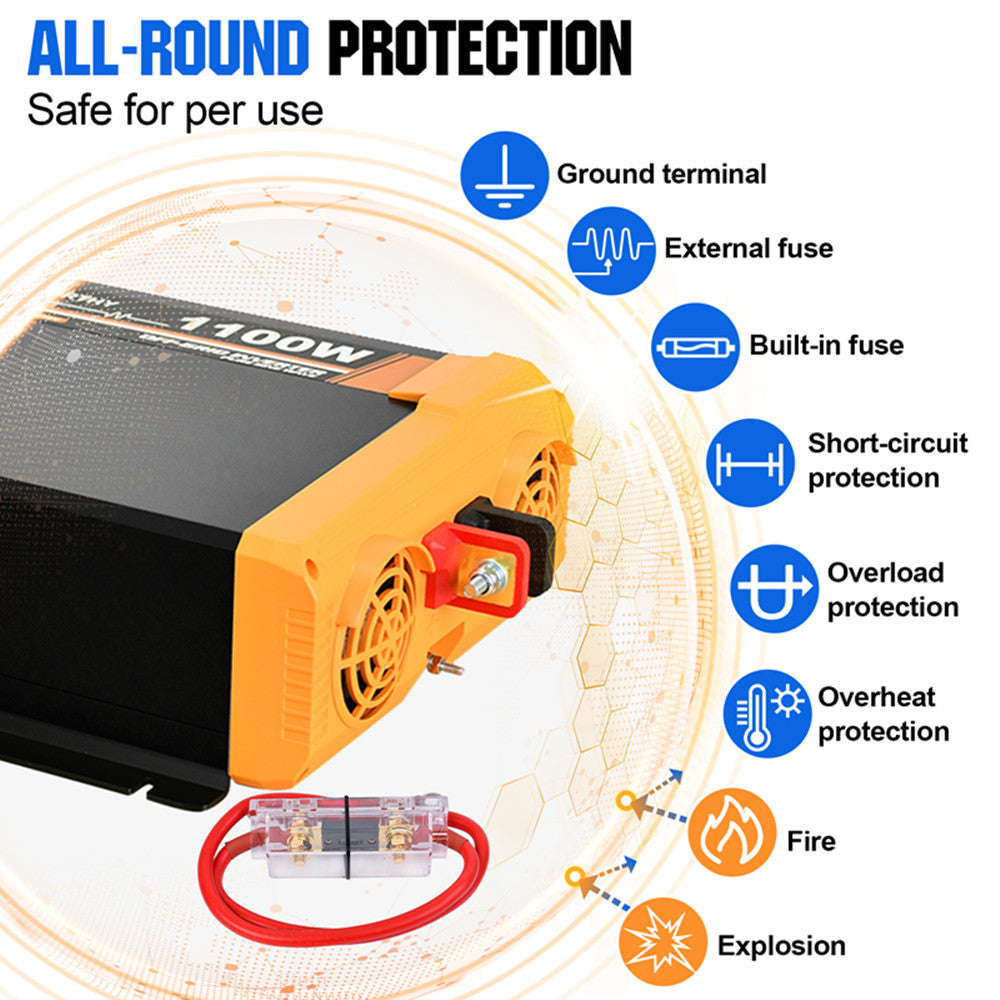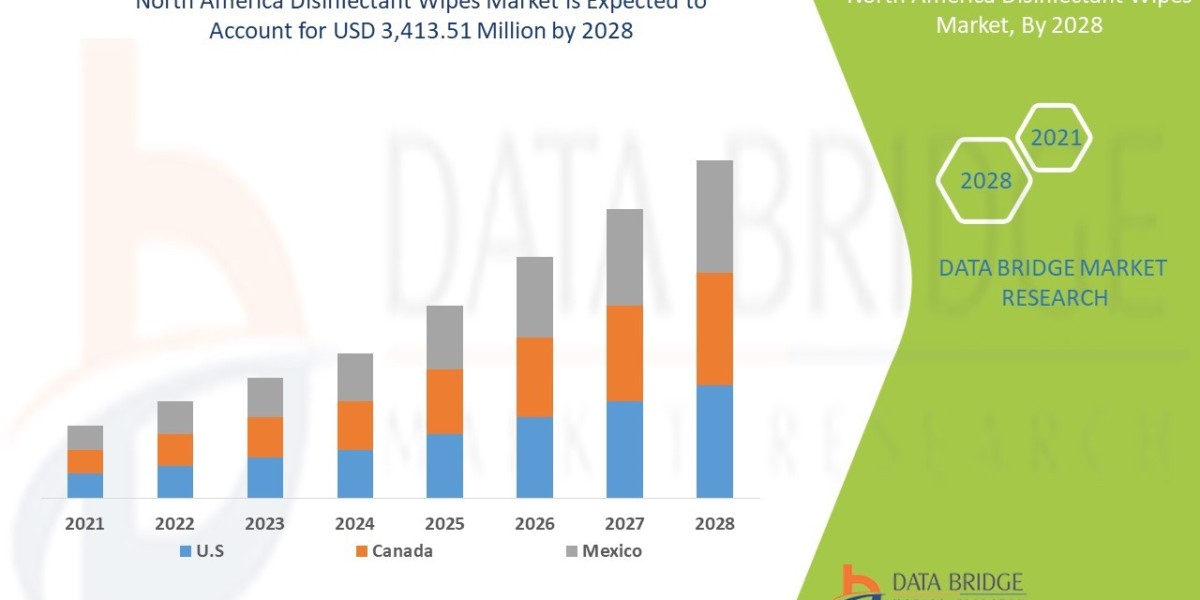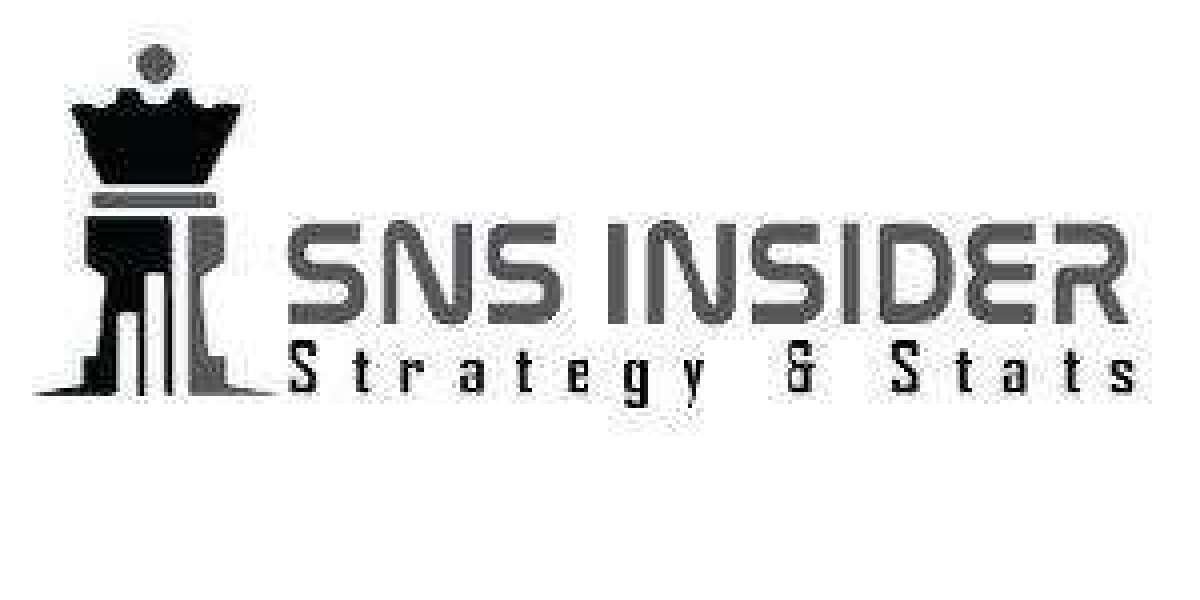In the realm of renewable energy, solar panel inverters play a pivotal role in harnessing the power of the sun. These devices are essential for converting the direct current (DC) generated by solar panels into alternating current (AC), which is the form of electricity used in homes and businesses. Understanding the function and importance of solar panel inverters is crucial for anyone considering solar energy solutions.

What is a Solar Panel Inverter?
A solar panel inverter is an electronic device that transforms the DC electricity produced by solar panels into AC electricity. This conversion is necessary because most household appliances and the electrical grid operate on AC. Without an inverter, the energy generated by solar panels would be unusable for everyday applications.
Types of Solar Panel Inverters
There are several types of solar panel inverters, each with its unique features and benefits:
- String Inverters: The most common type, string inverters connect multiple solar panels in series. They are cost-effective and suitable for residential systems.
- Microinverters: These are installed on each solar panel, allowing for individual panel optimisation. They are ideal for installations with shading issues.
- Power Optimisers: Similar to microinverters, power optimisers are attached to each panel but work in conjunction with a central inverter.
- Hybrid Inverters: These inverters can manage both solar energy and battery storage, making them suitable for off-grid systems.
How Do Solar Panel Inverters Work?
When sunlight hits the solar panels, they generate DC electricity. The solar panel inverter then converts this electricity into AC. This process involves several steps:
- The inverter receives the DC electricity from the solar panels.
- It then uses a process called pulse width modulation to convert the DC into AC.
- The AC electricity is then fed into the home’s electrical system or the grid.
Benefits of Using Solar Panel Inverters
Utilising a solar panel inverter offers numerous advantages:
- Efficiency: Inverters optimise the energy output from solar panels, ensuring maximum efficiency.
- Monitoring: Many modern inverters come with monitoring capabilities, allowing users to track energy production and consumption.
- Safety: Inverters include safety features that protect the solar system from overloads and faults.
Conclusion
In summary, the solar panel inverter is a critical component of any solar energy system. Its ability to convert DC electricity into AC makes it indispensable for utilising solar power effectively. As the world shifts towards renewable energy, understanding the role of inverters will become increasingly important. For those interested in exploring high-quality solar inverters, consider visiting  for a range of options that suit various needs.
for a range of options that suit various needs.








